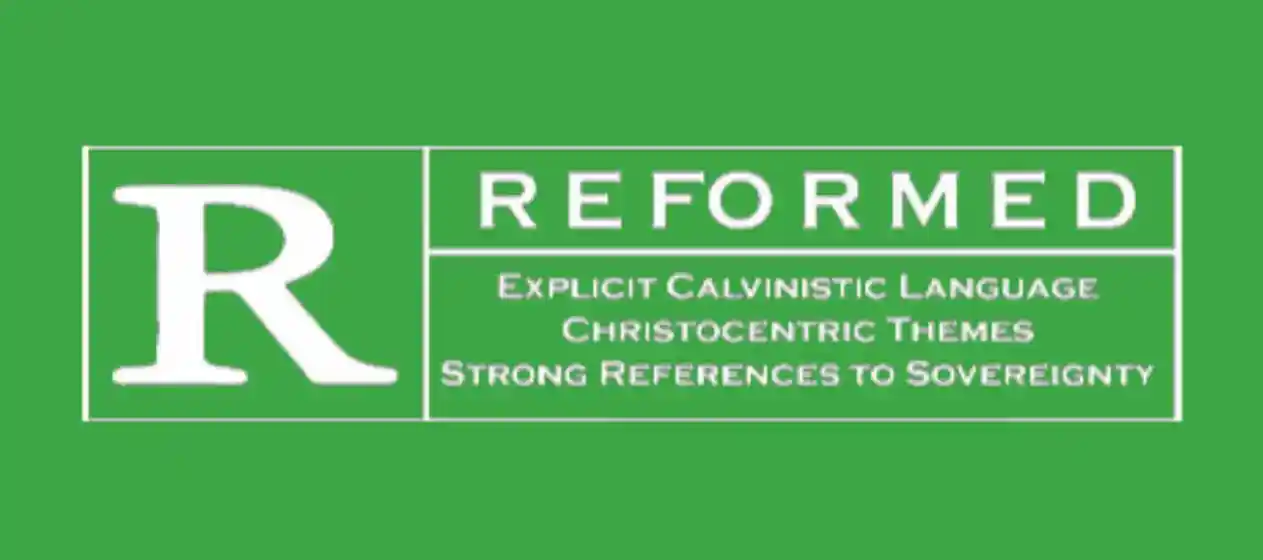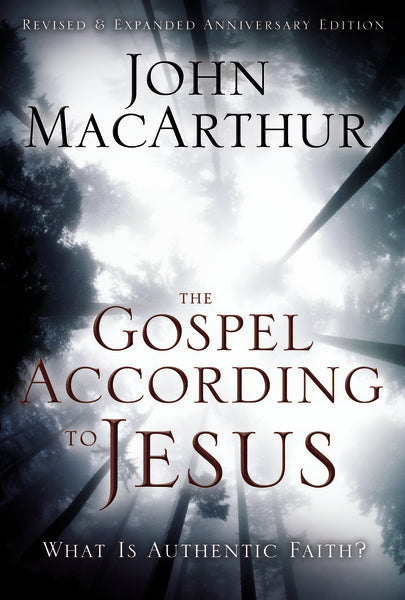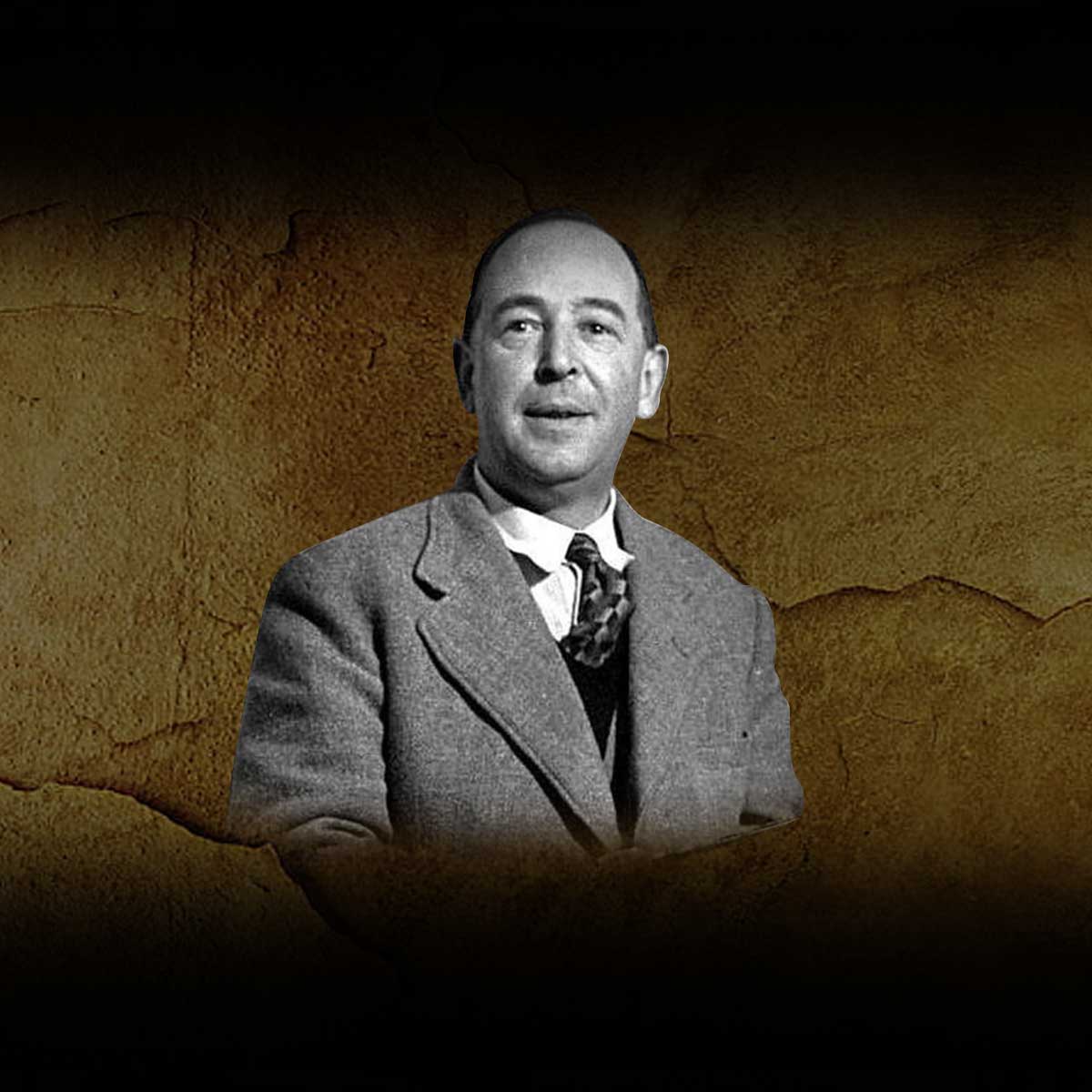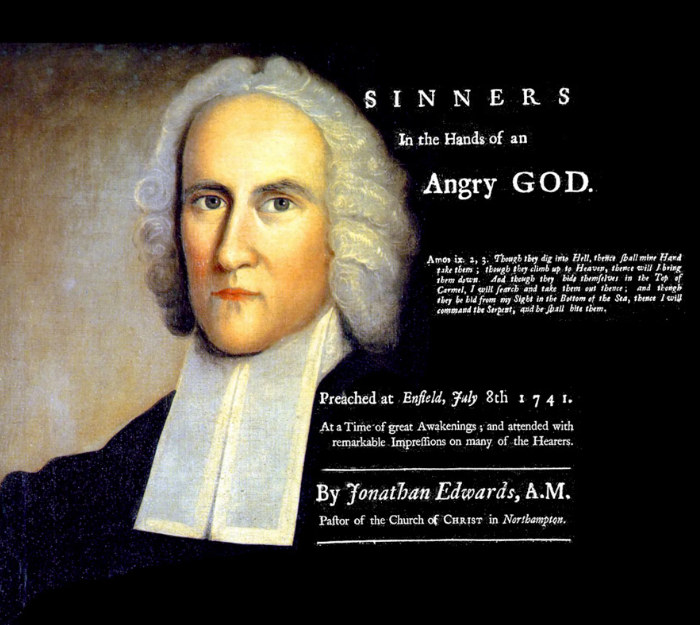The video above is a podcast style conversation discussing the papers claims that the TULIP as presented by Calvinist and Reformed soteriology’s are interdependent components of one central truth statement and are not meant to stand as independent claims. Introduction Reformed soteriology, the doctrine of salvation, is summarized by the…
General Free Grace Posts
-
-
The Gospel According to Jesus By John MacArthur
The Gospel According to Jesus by John MacArthur emphasizes the true nature of salvation and the call to genuine discipleship. MacArthur argues that a biblical understanding of the Gospel requires repentance, faith, and a commitment to obeying Christ’s teachings. He critiques a superficial “easy-believism” approach and emphasizes the transformative power…
-
Understanding Salvation by Faith Alone
Salvation by faith alone, often referred to as “sola fide,” is a foundational doctrine within Protestant Christianity. It emphasizes that a person is justified and saved by God’s grace through faith in Jesus Christ, apart from any human efforts or good works. This doctrine played a central role in the…
-
C. S. Lewis
During our conversations of Free Grace many have wondered if C. S. Lewis would have supported FGT. C.S. Lewis, the renowned Christian author and theologian, did not explicitly address or oppose Free Grace Theology as it is understood in contemporary evangelical circles. However, based on his writings and theological perspectives,…
-
Jonathan Edwards
Would Edwards, support Free Grace Theology? Jonathan Edwards, a renowned American theologian and pastor from the 18th century, is known for his deep theological insights and contributions to the Reformed tradition. While the term “Free Grace Theology” might not have been used in his time, there are aspects of his…
-
Martin Luther
Would Martin Luther Oppose Free Grace Theology? Martin Luther is often associated with the Protestant Reformation and his emphasis on justification by faith alone. However, it’s important to note that the term “Free Grace Theology” as it is understood today might not directly apply to the theological context of Luther’s…




